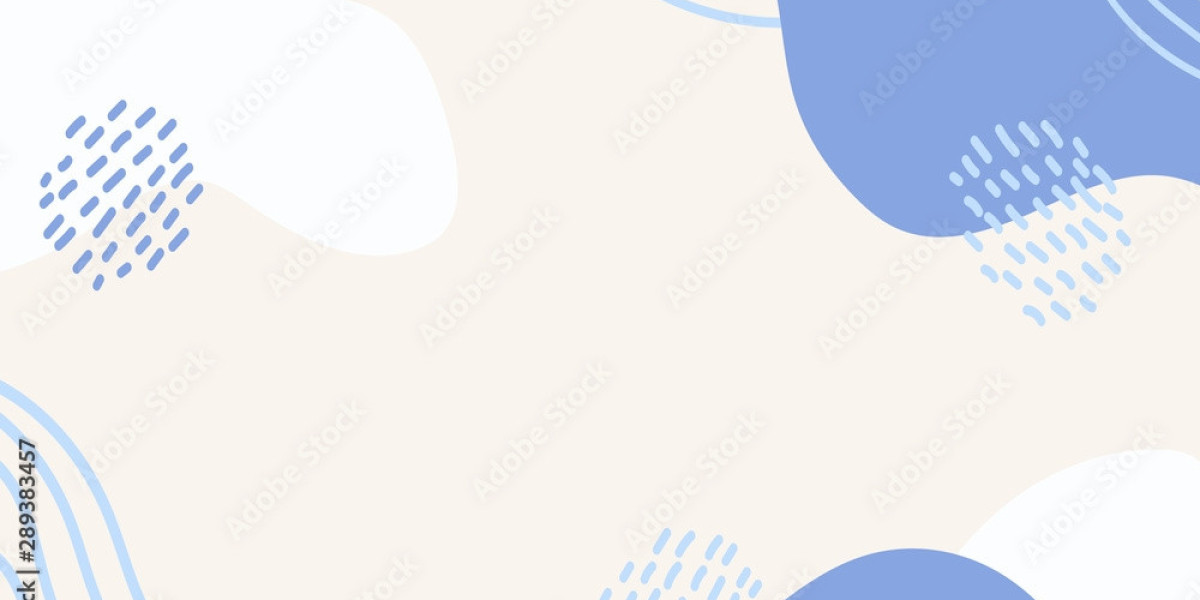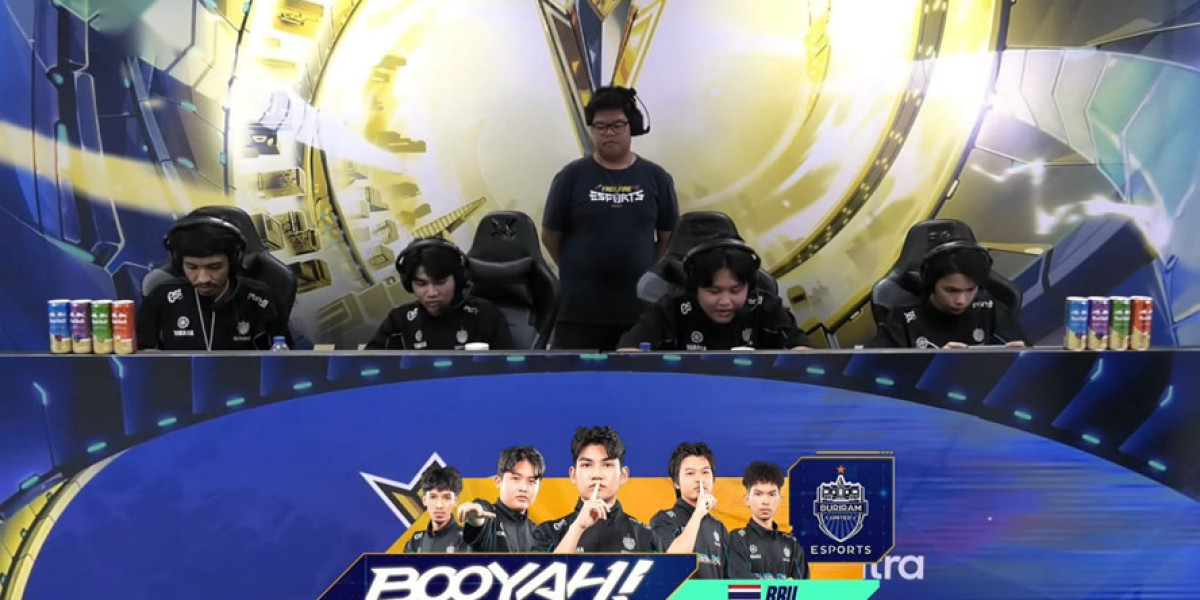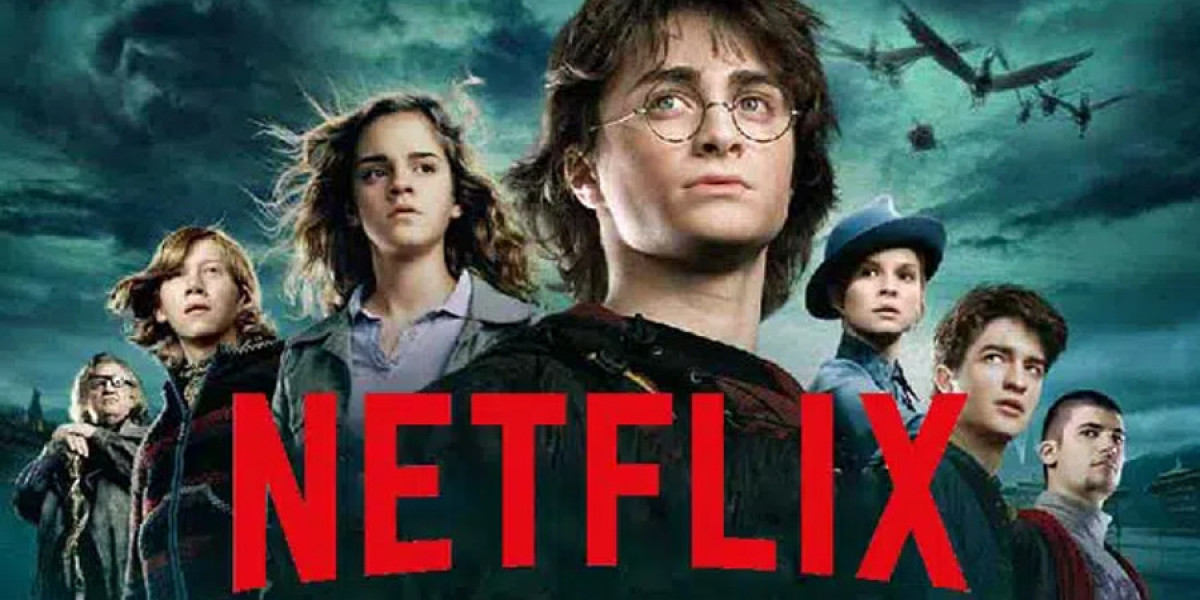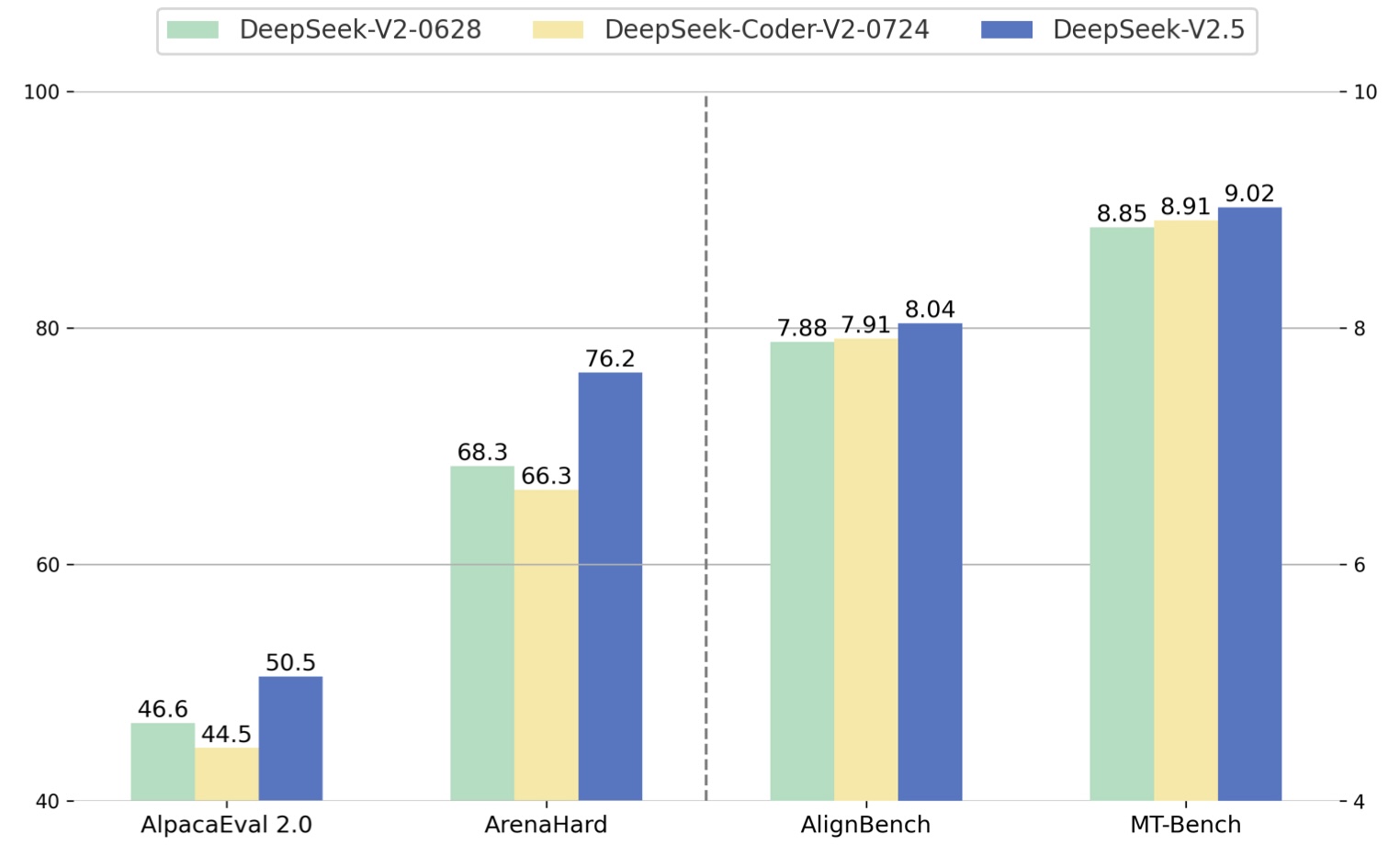
Technology is altering our world at an astonishing pace! Its sweeping changes can be found everywhere and they can be referred to as both thrilling, and trade-britanica.trade at the very same time terrifying. Although people in numerous parts of the world are still trying to come to terms with earlier technological transformations along with their sweeping social and educational implications - which are still unfolding, they have actually been awoken to the reality of yet another digital revolution - the AI revolution.

Expert System (AI) innovation describes the ability of a digital computer system or computer-controlled robotic to perform tasks that would otherwise have been performed by people. AI systems are created to have the intellectual procedures that define humans, such as the ability to factor, discover significance, generalize or find out from past experience. With AI innovation, large quantities of information and text can be processed far beyond any human capability. AI can likewise be used to produce a vast variety of brand-new material.
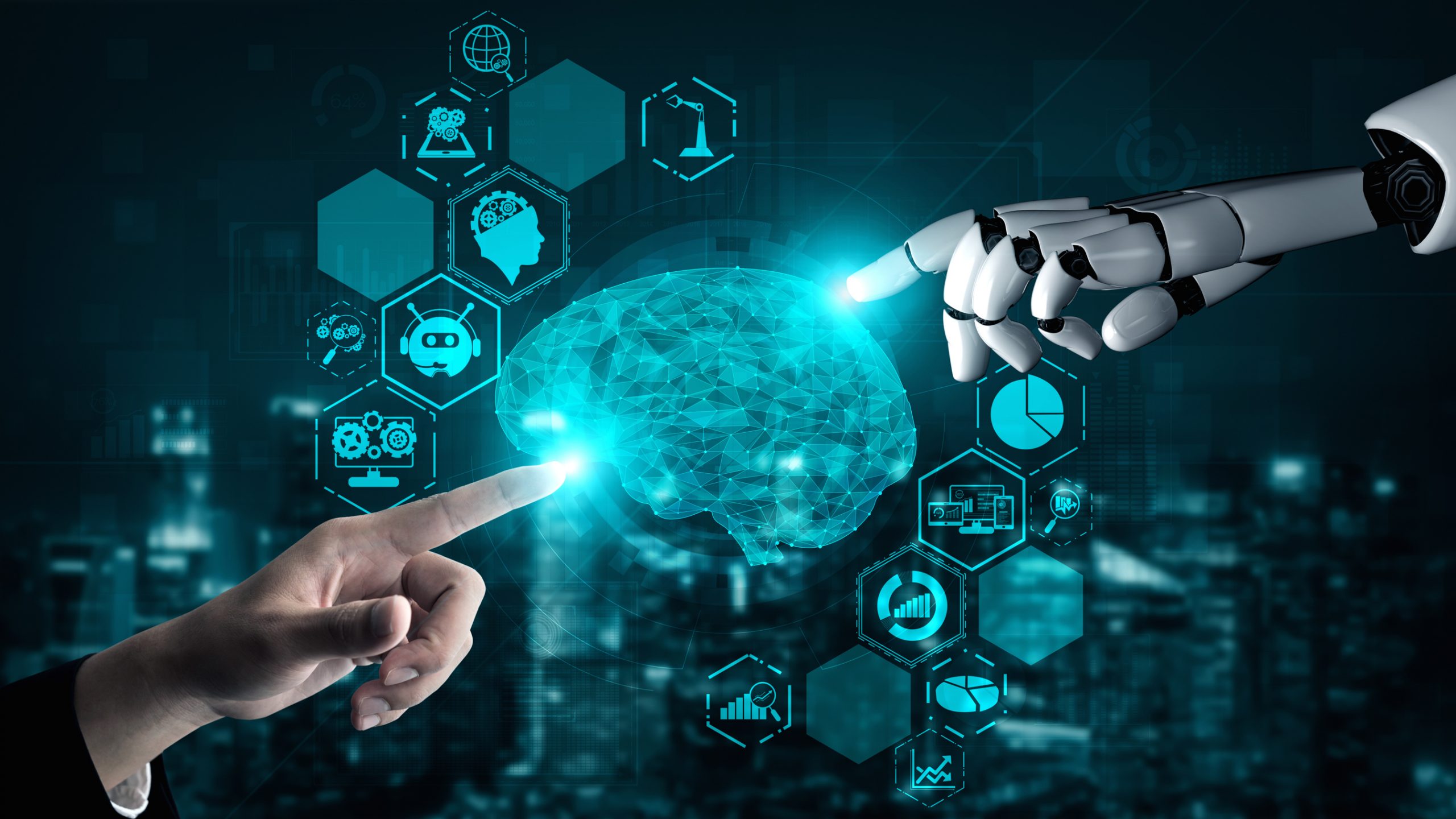
In the field of Education, AI technology comes with the possible to allow new forms of teaching, learning and academic management. It can likewise enhance finding out experiences and support teacher jobs. However, sciencewiki.science despite its positive capacity, AI likewise postures substantial threats to students, the teaching neighborhood, education systems and society at large.
What are a few of these risks? AI can minimize teaching and discovering processes to computations and automated tasks in ways that devalue the role and influence of teachers and damage their relationships with students. It can narrow education to only that which AI can process, design and provide. AI can also worsen the worldwide shortage of qualified teachers through disproportionate spending on innovation at the expenditure of financial investment in human capability advancement.
The usage of AI in education also develops some essential concerns about the capability of instructors to act actively and constructively in identifying how and when to make sensible usage of this technology in an effort to direct their professional growth, discover options to challenges they face and enhance their practice. Such fundamental questions consist of:
· What will be the function of instructors if AI technology become widely carried out in the field of education?
· What will evaluations appear like?
· In a world where generative AI systems seem to be developing brand-new capabilities by the month, what abilities, outlooks and competencies should our education system cultivate?
· What changes will be needed in schools and beyond to assist students strategy and direct their future in a world where human intelligence and maker intelligence would appear to have ended up being ever more closely linked - one supporting the other and vice versa?
· What then would be the function or role of education in a world controlled by Artificial Intelligence technology where people will not always be the ones opening brand-new frontiers of understanding and knowledge?
All these and more are daunting concerns. They force us to seriously consider the concerns that emerge concerning the execution of AI technology in the field of education. We can no longer just ask: 'How do we prepare for fishtanklive.wiki an AI world?' We must go deeper: 'What should a world with AI appear like?' 'What functions should this powerful technology play?' 'On whose terms?' 'Who decides?'
Teachers are the main users of AI in education, and historydb.date they are expected to be the designers and facilitators of students' learning with AI, the guardians of safe and ethical practice throughout AI-rich educational environments, and to function as function designs for long-lasting discovering AI. To assume these duties, instructors need to be supported to establish their abilities to leverage the possible advantages of AI while mitigating its threats in education settings and larger society.
AI tools should never ever be designed to change the genuine responsibility of teachers in education. Teachers should stay accountable for pedagogical choices in the usage of AI in teaching and in facilitating its usages by trainees. For teachers to be liable at the useful level, a pre-condition is that policymakers, instructor education organizations and schools presume obligation for preparing and supporting instructors in the appropriate usage of AI. When introducing AI in education, legal protections need to also be developed to safeguard teachers' rights, and long-lasting monetary commitments require to be made to guarantee inclusive gain access to by instructors to technological environments and standard AI tools as crucial resources for adapting to the AI era.
A human-centered technique to AI in education is important - an approach that promotes crucial ethical and
practical principles to assist regulate and assist practices of all stakeholders throughout the whole life process of AI systems. Education, given its function to secure along with help with advancement and knowing, has a special commitment to be completely knowledgeable about and responsive to the dangers of AI - both the recognized threats and those only just coming into view. But too frequently the risks are overlooked. Using AI in education therefore requires mindful factor to consider, including an examination of the evolving roles teachers require to play and the proficiencies required of instructors to make ethical and efficient usage of Artificial Intelligence (AI) Technology.
While AI offers opportunities to support teachers in both teaching along with in the management of discovering procedures, significant interactions between instructors and students and human growing need to stay at the center of the academic experience. Teachers should not and can not be changed by technology - it is essential to secure instructors' rights and make sure adequate working conditions for them in the context of the growing use of AI in the education system, hikvisiondb.webcam in the workplace and in society at big.
